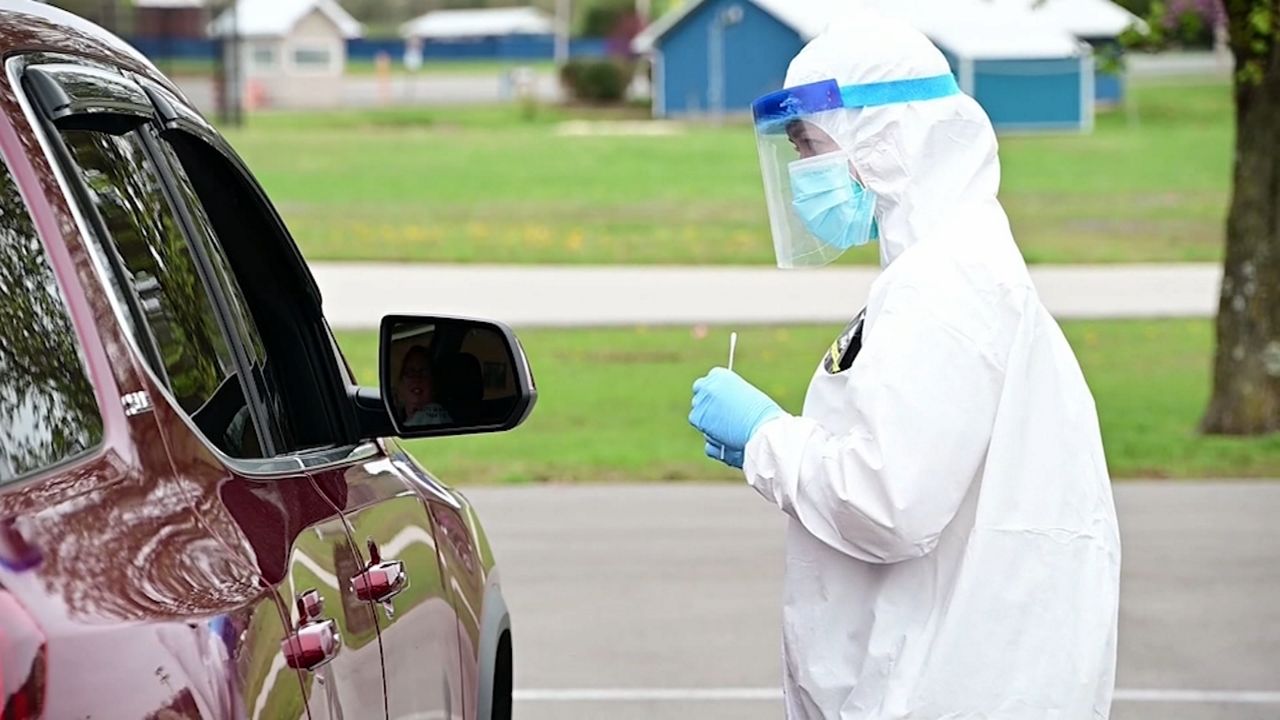New York should limit the civil liability for businesses and workers who unknowingly spread the coronavirus, a measure introduced this week by Republican Sen. Daphne Jordan that mirrors a broader debate on the federal level.
The measure is meant to provide legal safeguards for businesses, schools, non-profit groups and religious organizations as these entities reopen.
The bill would provide limited liability for coronavirus transmissions while employers are acting in "good faith" or taking every step necessary to comply with public health guidelines.
"Small businesses, schools, universities, non-profits, and religious organizations are eager to reopen – and their employees want to get back to work," Jordan said in a statement. "They should be able to do so without fear of civil lawsuits and legal liability related to COVID-19."
New York has started to gradually reopen businesses and offices since May in a mutli-phase approach by region.
But the state's unemployment rate remains stubbornly high -- more than 15 percent statewide and above 20 percent in New York City in June, according to the state Department of Labor.
Meanwhile, schools are preparing for a mix of in-classroom activity and distance learning for September based on a package of detailed plans for social distancing, health and safety released this week by the State Education Department.
Individual school districts must have their plans submitted by Monday; a decision on school reopening is not expected until the first week of August from state officials.
Limiting civil liability during reopening has won praise from business groups, who argue it's necessary to help with bringing the economy back to some semblance of normal. But Democrats have pushed back, saying it limits workers' rights.
Congress is negotiating another round of stimulus funding this month that could include liability protections.
